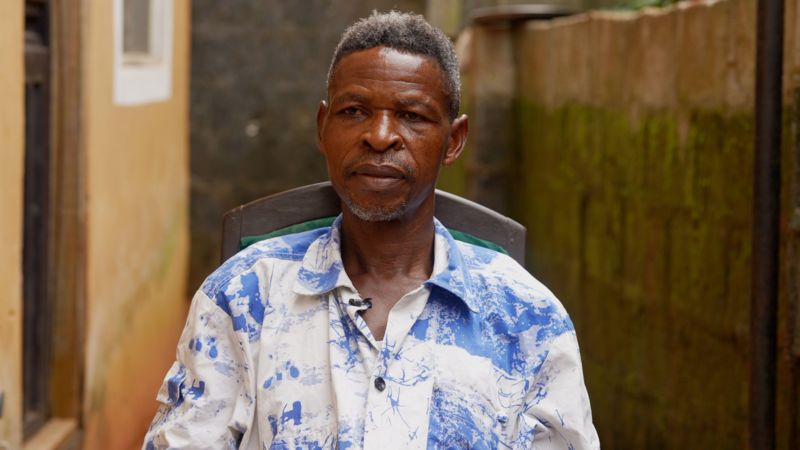FG Fires 2,525 N-Power Beneficiaries Over Abscondment


The Federal Government has sacked 2,525 beneficiaries of the N-Power Programme for absconding from their duty posts, warning that the scheme is not a charity programme.
The Communications Manager, National Social Investment Office, Justice Bibiye said that 18,674 other beneficiaries of the initiative have voluntarily resigned, having secured permanent employment.
He said, “It had earlier come to the notice of the Federal team that some of the N-Power beneficiaries had either absconded from their primary places of assignment or gained permanent employment subsequent to their commencement on the programme.
“The Federal team has continued to encourage feedback from the states from existing monitors, whistleblowers and members of the public through it’s existing call centre and has acted swiftly by initially placing such beneficiaries on suspension for a period of 45 days.
“Unless such beneficiaries are able to provide proof from their primary place of assignment and the state focal person that they were actually present, or absent with reason, their participation in the programme is terminated after the period of suspension.
“So far, 2,525 beneficiaries have been delisted, following reports garnered from the various avenues, whilst 18,674 have voluntarily resigned, having secured permanent employment.”
“Beneficiaries must understand that N-Power is not a charity program and, therefore, everyone captured under the scheme is expected to justify his/her engagement by demonstrating diligence, hard work and commitment to duty at their PPAs.
“Acts of dereliction of duty, indolence, absenteeism and indiscipline on the part of volunteers shall continue to be dealt with decisively and in line with the rules of engagement.”
The N-Power Programme was introduced in 2016 by the President Buhari Administration as a job enhancement scheme aimed at imbibing the learn-work-entrepreneurship culture in Nigerian youth between 18 and 35 for graduates and non-graduates.










